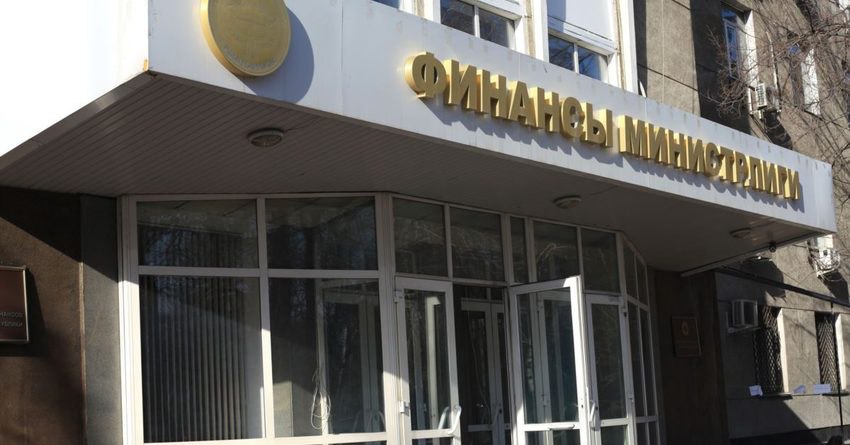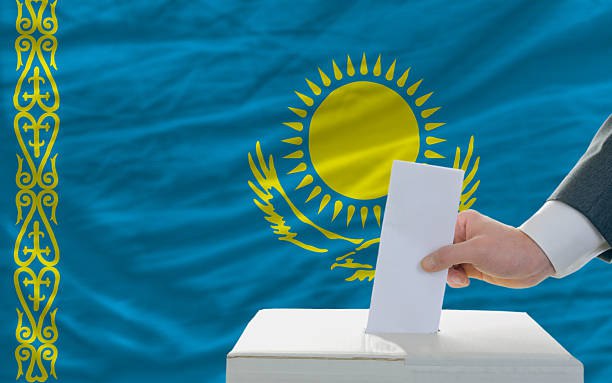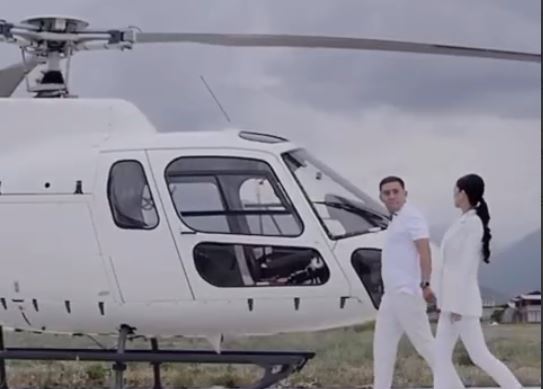Kyrgyzstan Forecasts Five-Year Budget Surplus
The Ministry of Finance of Kyrgyzstan has published a forecast of total revenue for the next five years, indicating that by 2029, the country's state budget revenue will grow to KGS 655 billion ($7.8 billion). At the end of 2024, Kyrgyzstan's state budget surplus will amount to KGS 11.2 billion ($131.7 million), while revenue this year amounted to KGS 414 billion ($4.8 billion). As previously reported by TCA, the introduction of cash registers and the fight against crime have impacted on growth. Another contributing factor was mentioned by Head of the Cabinet of Ministers, Akylbek Japarov, who stated, “In fiscal policy, we are adopting technology that is fit for the times. Taxpayers are pleased with these changes. They no longer have to wait in queues; they can quickly file reports and receive the necessary documents online.” He also commended the promotion of domestic and foreign investments and the development of Kyrgyzstan's industrial sector which facilitate the growth of the republic's economy and, in turn, state budget revenue: “Since the beginning of 2024, 29 enterprises have been put into operation. Major projects are being implemented, such as constructing the Kambarata hydroelectric power plant and the China-Kyrgyzstan-Uzbekistan railroad. There are plans to develop the tourism sector." The Kyrgyz Finance Ministry said in a report that the annual growth in state budget revenue will provide a surplus which will be used to repay public debt. The state budget is currently projected to receive KGS 414.5 billion ($4.8 billion) in 2024, KGS 465 billion ($5.4 billion) in 2025, KGS 505 billion ($5.9 billion) in 2026, and KGS 655 billion ($7.7 billion) in 2029. In a statement to TCA, the Finance Minister explained, “Large expenditures are projected for the medium term to pay down public debt. The projected budget surplus will be used for expenditures related to activities of economic orientation and covering the state's liabilities."






